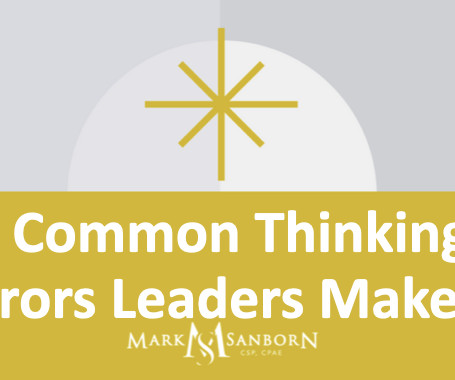To Achieve a Major Goal, First Tackle a Few Small Ones
Harvard Business Review
FEBRUARY 24, 2017
Second, for very large tasks you often do not get feedback on your success until many of the pieces of that project are in place. Even if particular elements of the task appear to be going well, the success of the large-scale project requires integrating all of the specific tasks in a coordinated fashion. You and Your Team Series.












Let's personalize your content